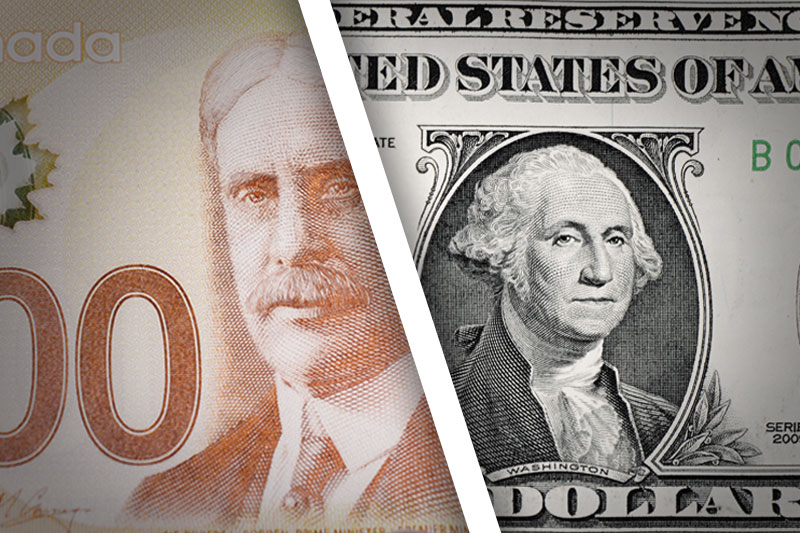Investing.com’s stocks of the week
Investing.com - The U.S. dollar was little changed against the Canadian dollar in early trade on Tuesday as the U.S. government began a partial shutdown after Congress failed to reach a deal on a budget for the new fiscal year.
USD/CAD hit 1.0288 during early U.S. trade, the session low; the pair subsequently consolidated at 1.0313, edging up 0.05%.
The pair was likely to find support at 1.0267, the low of September 24 and resistance at 1.0339, the high of September 26.
Investors remained wary amid worries that the first partial U.S. government shutdown for 17 years would curb the economic recovery and prompt the Federal Reserve to maintain its stimulus program for longer.
Republicans have insisted on delaying the implementation of President Obama's health care reforms as a condition for passing the budget.
Markets were also mulling over how the political deadlock in Washington will impact on negotiations to raise the U.S. debt ceiling, which the U.S. Treasury Department has estimated will be reached by October 17.
The loonie, as the Canadian dollar is also known, was lower against the euro, with EUR/CAD rising 0.34% to 1.3984.
In the euro zone, data released on Tuesday showed that the final reading of the bloc’s manufacturing index came in at 51.1 in September, unchanged from the preliminary estimate, but below August’s 26-month high of 51.4.
Separately, Eurostat said the total euro zone unemployment rate was 12.0% last month, while August’s rate was revised down to 12% from 12.1%.
The Institute of Supply Management was to produce a report on U.S. manufacturing activity later in the trading day.
USD/CAD hit 1.0288 during early U.S. trade, the session low; the pair subsequently consolidated at 1.0313, edging up 0.05%.
The pair was likely to find support at 1.0267, the low of September 24 and resistance at 1.0339, the high of September 26.
Investors remained wary amid worries that the first partial U.S. government shutdown for 17 years would curb the economic recovery and prompt the Federal Reserve to maintain its stimulus program for longer.
Republicans have insisted on delaying the implementation of President Obama's health care reforms as a condition for passing the budget.
Markets were also mulling over how the political deadlock in Washington will impact on negotiations to raise the U.S. debt ceiling, which the U.S. Treasury Department has estimated will be reached by October 17.
The loonie, as the Canadian dollar is also known, was lower against the euro, with EUR/CAD rising 0.34% to 1.3984.
In the euro zone, data released on Tuesday showed that the final reading of the bloc’s manufacturing index came in at 51.1 in September, unchanged from the preliminary estimate, but below August’s 26-month high of 51.4.
Separately, Eurostat said the total euro zone unemployment rate was 12.0% last month, while August’s rate was revised down to 12% from 12.1%.
The Institute of Supply Management was to produce a report on U.S. manufacturing activity later in the trading day.
